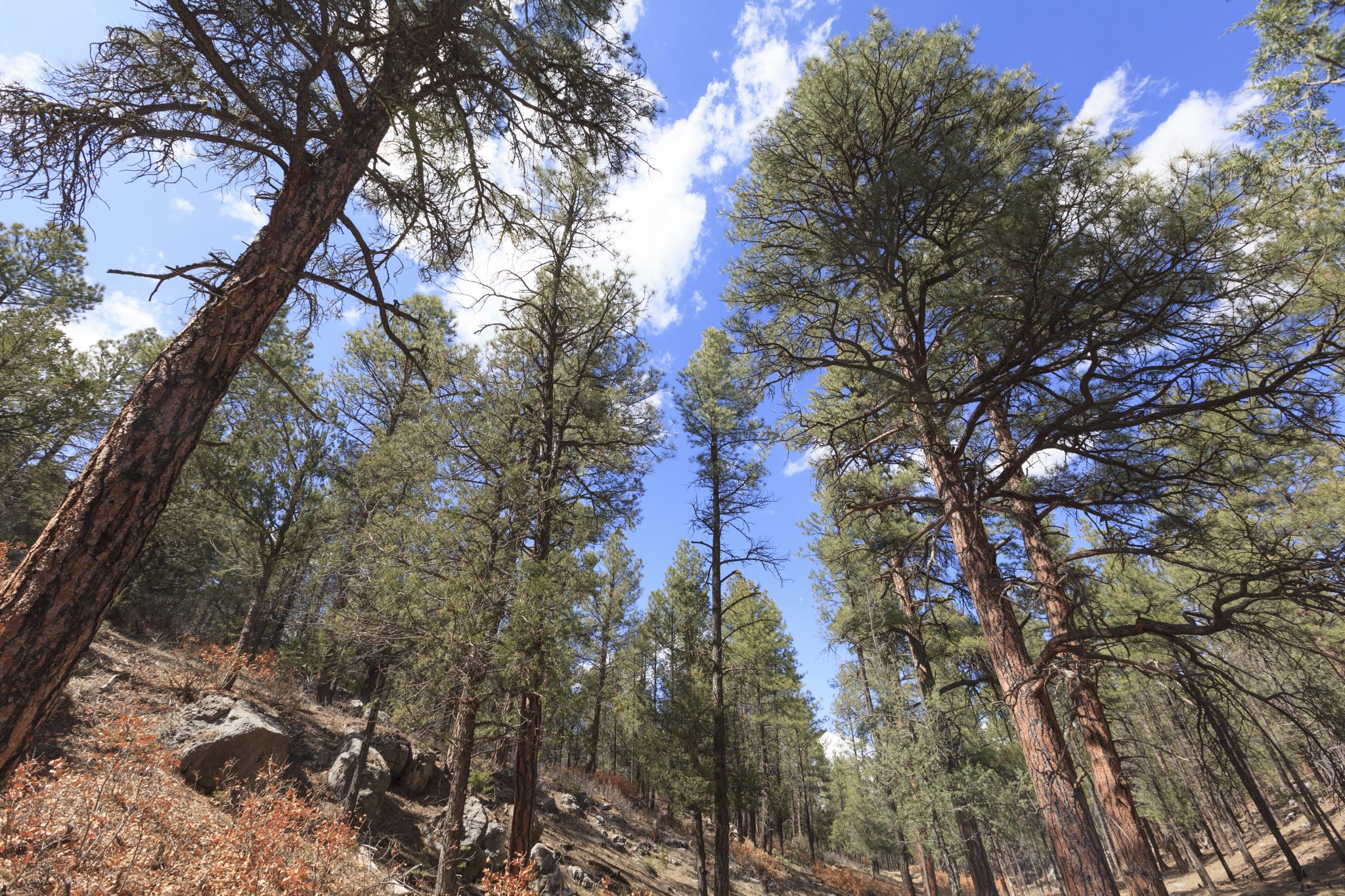
Preventing Deforestation
Why It Matters
In response to increasing demand from Europe and Asia for wood pellets to use as a “clean” or “renewable” energy source, the United States has lost more than one million acres of forests. The largely unregulated wood pellet industry converts mature southeastern forests into energy plantations and clearcuts wetlands and coastal hardwood forests from North Carolina to Mississippi to help the United Kingdom and other European countries replace coal plants with biomass plants.
Though often described as a green or renewable fuel and viable alternative to coal, the science has proven otherwise: wood pellet combustion is an overall net negative for the environment. The carbon footprint of its production and transport contributes to global warming, and the industrial pollution and habitat destruction creates harmful health risks for vulnerable communities and drives the decline of biodiversity in the southeastern United States.
The Moore Charitable Foundation supports nonprofits curbing the expansion of the wood pellet industry in North Carolina and is advocating to protect impacted communities and precious old-growth forests where wood pellet plants contribute to major and often unregulated environmental problems affecting air and rivers. Partners include Biofuel Watch, Dogwood Alliance, Rachel Carson Council, Southern Environmental Law Center, Natural Resources Defense Council, and Partnership for Policy Integrity to safeguard America’s southern forests from the biomass industry.